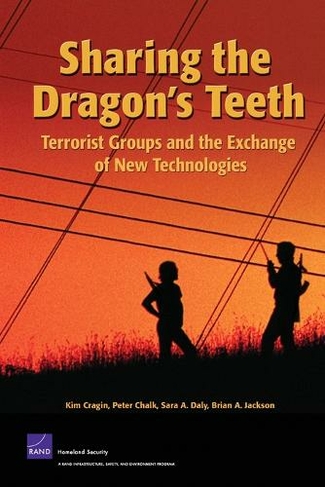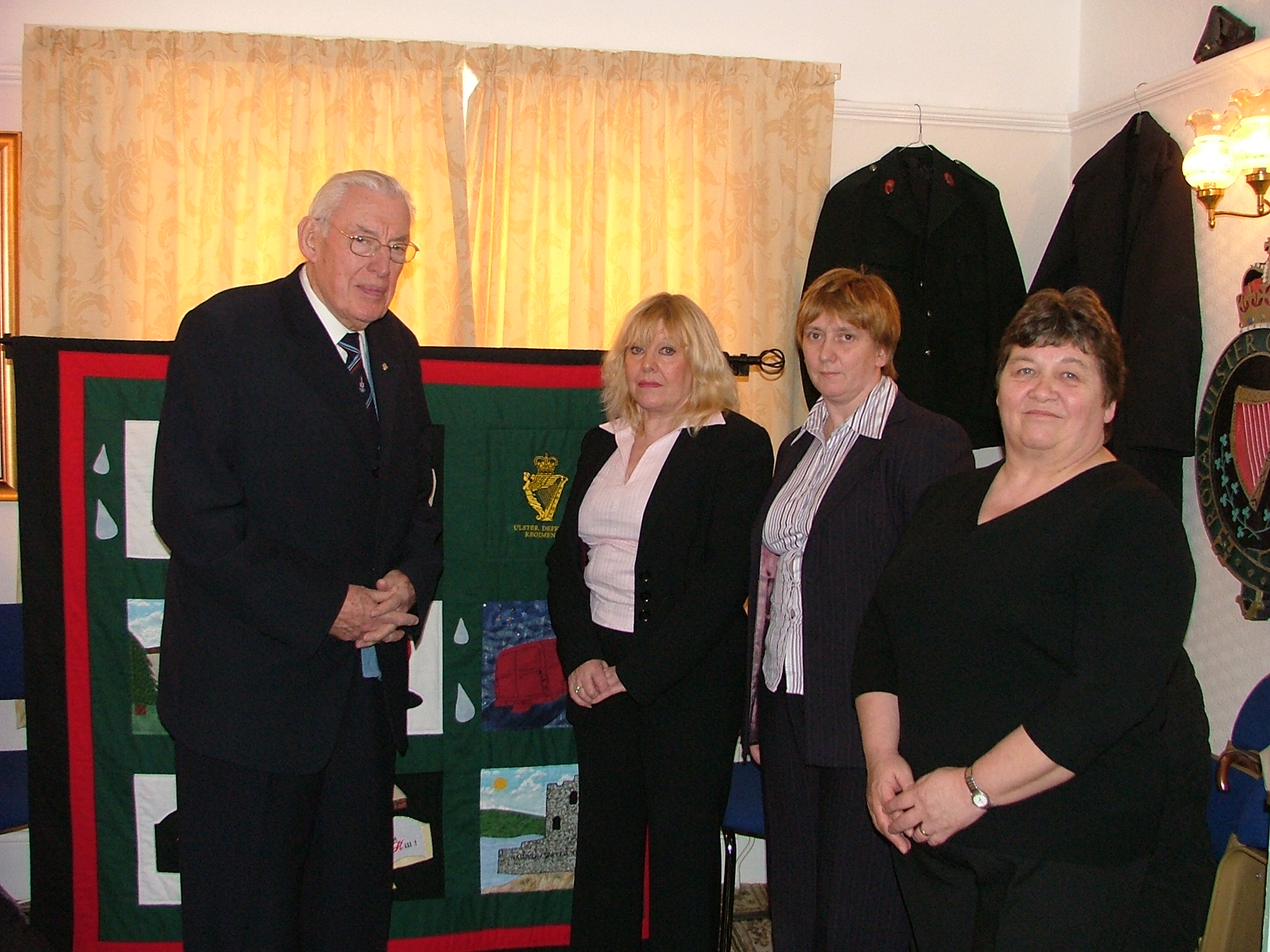Sharing the Dragon's Teeth
09/05/2007Cat 1,News,Counter-Terrorism
RAND Study Finds Terrorist Groups Teach Each Other Deadly Skills
A Report by the internationally respected Rand Corporation a think tank which specialises in conflict research has supported the findings of a FAIR Report into the links between FARC and the PIRA. We exposed the international web of terrorist organisations which trade in terrorism technology and techniques in exchange for drug money.
Terrorist groups around the world with different ideologies and from different religious and ethnic backgrounds have improved their effectiveness by teaching each other deadly skills such as bomb-making and guerilla warfare techniques, according to a RAND Corporation report issued today.
“Terrorist groups that have little in common and with very different goals are sharing knowledge for their mutual benefit, and that's bad news,” said Brian A. Jackson, one of the authors of the report and the associate director of the RAND Homeland Security Research Program.
Groups from regions as varied as the Middle East, Colombia, Indonesia and the United Kingdom have traded destructive technologies, researchers found. Both the student and the teacher usually receive some benefit, according to the study by RAND, a nonprofit research organization.
Technology sharing among terrorist groups has not received a great deal of attention. But studying the exchanges provides a new means of understanding the behavior of terrorist groups and highlights another part of the complex threat posed by terrorism, according to researchers.
Researchers examined 11 terrorist groups that operate in the Middle East, South America and Southeast Asia. Examples of the sharing of technological knowledge among terrorist groups include:
- In Mindanao in the Philippines, the Indonesian group Jemaah Islamiyah trained Filipino terrorists. New technologies transferred included remote detonation, improvised explosive devices, and pressure-activated switches designed to detonate bombs should security forces attempt to deactivate them. These exchanges improved the operational effectiveness and helped increase the number of attacks by militant groups in the Philippines from 2003 to 2005. For Jemaah Islamiyah, the effort provided its members safe havens.
- In the former demilitarized zone in southwest Colombia, the Provisional Irish Republican Army trained terrorists in the Revolutionary Armed Forces of Colombia, commonly referred to as FARC (Fuerzas Armadas Revolucionarios de Colombia). New technologies and knowledge included remote-detonation technologies and Mark 18 “barracks-buster” mortars, as well as guerrilla warfare tactics. These skills helped FARC improve its urban warfare capabilities in 2001. The IRA reportedly benefited by using the freedom of the demilitarized zone to experiment with its own weapons and received cash from FARC.
“In most of the instances we studied, both groups experience some type of operational benefit from the effort,” Jackson said. “It's that shared benefit that that usually drives the relationship, not just shared philosophies or goals.”
Researchers say their findings suggest that analysts seeking to understand terrorist group behaviors and assess the level of threat they pose should broaden their view of the risks posed by skilled terrorists.
For example, given concern about terrorist interest in unconventional weapons, individuals with skills involving chemical, biological, radiological or nuclear technology are frequently a central focus of counterterrorism analysts.
But the RAND study shows the importance of individuals with expertise in conventional explosive technologies as well. Understanding the factors that shape individuals who transfer such knowledge from one organization to another can lead to a better understanding of how the terrorist threat will evolve in the future.
The report, “Sharing the Dragon's Teeth: Terrorist Groups and the Exchange of New Technologies,” is available at www.rand.org.
The RAND study was sponsored by the U.S. Department of Homeland Security. Other authors of the report are Kim Cragin, Peter Chalk and Sara A. Daly of RAND.
The study was produced by the Homeland Security Program in the RAND Infrastructure, Safety and Environment Division. The Homeland Security Program provides research and analysis to Congress, along with federal, state and local government agencies and private sector clients charged with preventing and mitigating the effects of terrorist activity within U.S. borders.
FAIR Looks Back - Paisley Visit
Dr Paisley visits FAIR April 2005
Today at 2:15 pm Dr Ian Paisley paid a visit to the victims of terrorism in south Armagh. We were grateful to be able to welcome the DUP leader to our Markethill office to spend time with a number of our members. Dr Paisley has been a keen supporter and follower of our work over the years.
He was given a brief tour around the office and shown the various features of our centre such as the memorial stone and our office facilities. He also saw our recently launched memorial quilt that commemorates the lives of those that suffered at the hands of terrorists and the tragic events perpetrated by in our area, a poignant reminder of the suffering and pain felt by so many.
Members of the group were able to highlight issues of concern to the DUP leader, including the security threat that has been constantly ignored by the government in their pursuit of appeasement demilitarisation. The issue of smuggling was also raised and the financial support this provides to the IRA. Dr Paisley reminded us of action he has taking in parliament regarding this and of his desire to see those issues addressed.
Accompanying Dr Paisley were local DUP councillors Heather Black and Freda Donnelly, and assemblyman Paul Berry MLA. The victims of terrorism from the group who came to speak to Dr Paisley were greatly encouraged by his words and his assurances of continued support and endorsement of the work of the group. His visit, in taking time out from a busy schedule, was greatly appreciated by all.

Dr Paisley with some of the talented members that made the quilt

DUP representatives at the FAIR memorial stone

A most welcome and positive visit from oldest and youngest DUP MLAs

A happy day!


